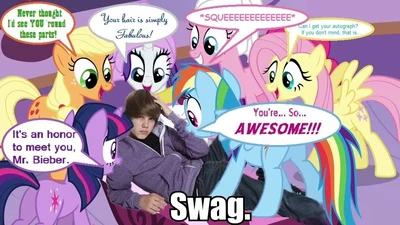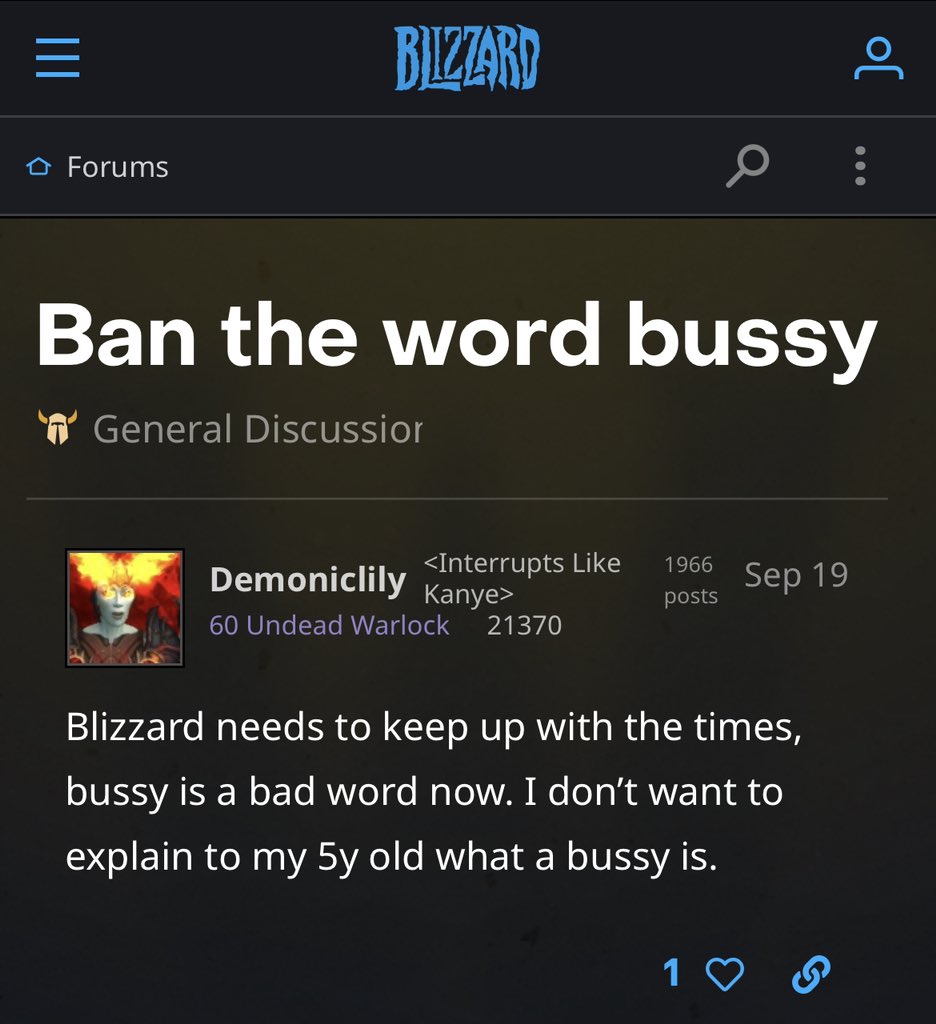Arrests made near the end of an officer's shift typically require overtime work, and officers respond by reducing arrest frequency but increasing arrest quality. Days in which an officer works a second job after their police shift have higher opportunity cost, also reducing late-shift arrests.
Cops less likely to arrest if their shift is about to end
https://www.nber.org/papers/w31985#fromrss
- 20
- 63












Jump in the discussion.
No email address required.
I don't do shit during the last hour of my work day so yea I get it
Jump in the discussion.
No email address required.
More options
Context
People are always angry about studies that reveal police to be human beings
Jump in the discussion.
No email address required.
More options
Context
Btw the similar finding about judges and before/after lunch judgements was fake apparently. As in, they purposefully order cases based on how complicated they are and this explained it.
Jump in the discussion.
No email address required.
Yeah, but judges know what cases they'll have to hear on a particular day, and can sort their calendars how they like (and put tricky things when they have time for it to take a while, and quick BS right before finishing up for the morning).
For a similar effect to happen here, the people dispatching officers for 911 calls would have to know which calls are likely to have a solid arrest and which aren't, and prefer to route quick bullshit calls to cops near the end of their workday while sending "yeah, someone's going to jail" calls to officers who have time for that.
From pg. 19-20:
Jump in the discussion.
No email address required.
More options
Context
So they put complicated cases before lunch and easier ones afterward? How did they determine which case was believed by each judge to be easier or complicated?
Jump in the discussion.
No email address required.
How do you think
Jump in the discussion.
No email address required.
Neurologically.
Jump in the discussion.
No email address required.
Jump in the discussion.
No email address required.
More options
Context
More options
Context
More options
Context
More options
Context
Source?
Jump in the discussion.
No email address required.
More options
Context
More options
Context
I know spergs are gonna try to make this into some stupid general point, but thats both obvious and meaningless.
The arrests that might stick or might not, are of course going to be the ones cops wont do if it means overtime, because the chance that they do overtime for nothing is not worth it.
Instead what remains are the arrests for serious crimes where even 1 minute before their end of the shift, the cops have no alternative to arrest the suspect.
Arrest frequency and quality arent independent variables, changing one always has an impact on the other.
Jump in the discussion.
No email address required.
The paper does in fact know that, and is not trying to imply otherwise:
Jump in the discussion.
No email address required.
More options
Context
More options
Context
Open secret for druggies is be brazen near shift change
Do you know your local municipalities shift change?
Jump in the discussion.
No email address required.
More options
Context
Another felonious protip - If you're gonna do some dirt, do it during less than optimal weather. Piggies don't like being cold or hot or wet.
Jump in the discussion.
No email address required.
More options
Context
Cops get so much extra bonus OT they can just refuse to sign paperwork for a hour.
to sign paperwork for a hour.
Jump in the discussion.
No email address required.
More options
Context
I read the exact opposite not long ago - cops arresting people for anything they can think of at the end of their shift to score overtime hours. I guess it depends on the precincts willingness to pay overtime.
Jump in the discussion.
No email address required.
It's published in the NBER which means it's still a working paper.
Jump in the discussion.
No email address required.
I just want some background goddarn
Jump in the discussion.
No email address required.
More options
Context
Why do you say that?
Jump in the discussion.
No email address required.
More options
Context
More options
Context
More options
Context
Snapshots:
ghostarchive.org
archive.org
archive.ph (click to archive)
Jump in the discussion.
No email address required.
More options
Context
Either that or they already gotten their stolen drugs for the night
Jump in the discussion.
No email address required.
More options
Context